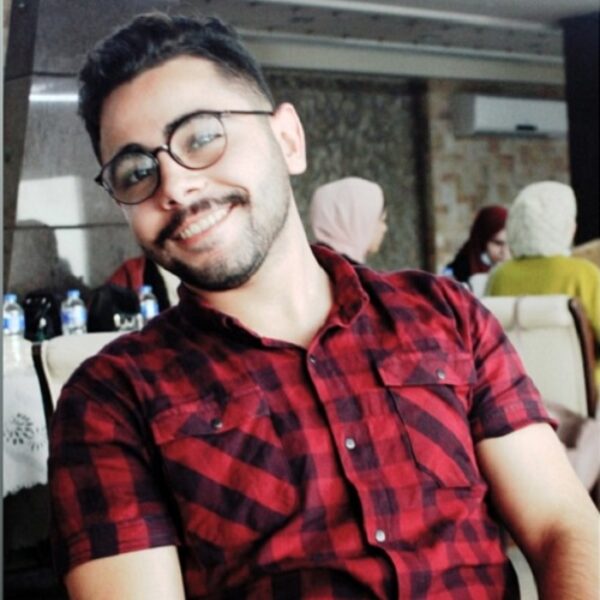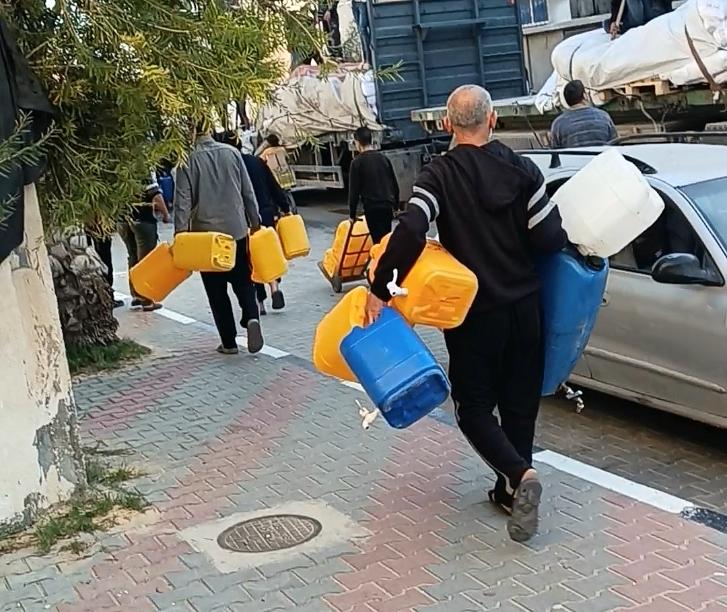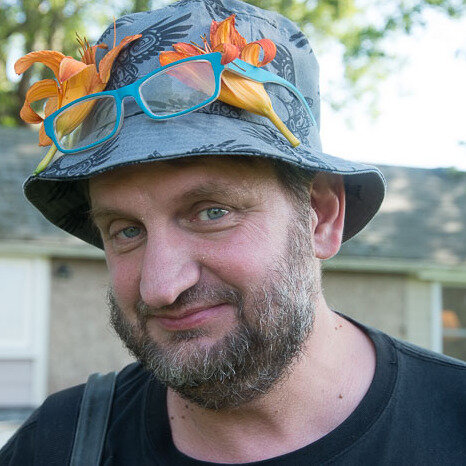Since the beginning of this genocide in Gaza, I dedicated my time and effort to tell the world and Western media about our struggle and what we face on daily basis. I told them about my friends who were killed in cold blood, about other friends’ homes that were leveled to the ground, and about the long dehumanizing queues and unending hours we spend to get water, bread, and all other basic necessities. At the same, I had to face another struggle imposed on us by the Western media: to prove that we are human beings. I had to face the same question each time: But do you condemn Hamas?
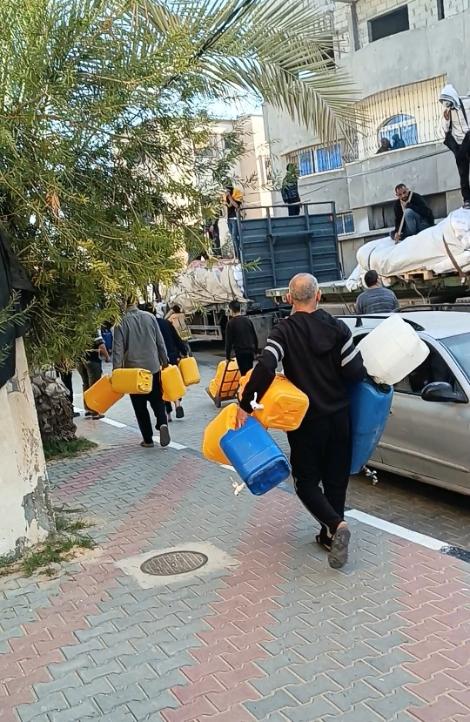
I remember being interviewed by a well-known podcast channel, when we had to evacuate our homes because a building in the same neighborhood was threatened with bombing. Children were screaming, women were running in the streets not knowing where to go, and the smell of fear and anticipation of the coming airstrike was everywhere. The screams and noise were so obvious to the journalist, she was kind, and she asked me about what was going on, but it didn’t take her more than a few minutes to ask me the same question: But do you condemn… ?
It was at this moment that I realized that we are looked at as lesser people, or maybe things that are not worthy of living. I felt disappointed but I went on, and continued to do what I do best: telling stories.
The straw that broke the camel’s back
Despite the horror and exhaustion in the first 10 days, I managed to stay stable, and I had a sort of hope in this world when I saw the magnitude of support and sympathy for Palestinians in Gaza. The moment that changed everything was the 17th of October at Baptist (the Al-Ahli Arab) Hospital in Gaza. Israel targeted the Baptist Hospital, leaving 500 killed and dozens of people injured.
I thought the world would respond with rage and put a limit to the massacre. But guess what? All the world said was: We condemn, and we reject. Israel again got away with it, and started another chapter of mass killing of Palestinians, in the absence of any deterrence or liability.
It was at that moment that I lost my hope, my words, and shifted from being a storyteller to a silent witness. This essay is the first time I have written since then.
Non-stop threats of invading Rafah
On my way to the central market in Rafah, I walk by streets that I no longer recognize, though I have wandered here my entire life. The scenes of displaced people living in tents, in total chaos, shock me every time. As I walk by, I hear people whispering: When are they going to invade Rafah? Where are we going to go? Rafah was our last resort.
After what we all have witnessed, we reached the point that we envy our relatives and friends who died at the beginning of this genocide because they haven’t suffered as much, they have not seen all the destruction, and they have not lived through the unimaginable sort of dehumanizing life we are living in. We wish we had died before we had to witness all of this. As the Palestinian poet Mahmoud Darwish wrote, “All the people who died have miraculously survived living this life.”
I wonder: would they imagine seeing our beloved Gaza leveled to the ground? Would they imagine their 2.3 million people being starved? I bet they would imagine that this crazy war wouldn’t last for six months because the world would at some point end it. Sadly, no one did, no one is able to stop this maniac army from its hobby of shedding Palestinian blood.
I am so tired of counting the endless shapes of death I have seen just in this war. I feel that my chances to stay alive are diminishing. No matter how hard I try to avoid thinking of that question, it always finds its way into my mind: How would I die?
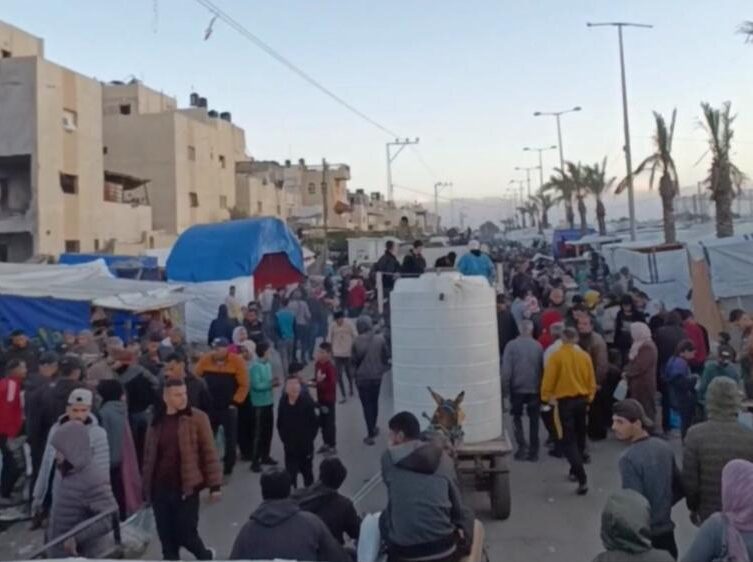
Is it going to be a random airstrike? Or will a soldier, controlling his drone, press the button, target me and shatter me to pieces, then celebrate his precision as if he is playing video games?
Maybe another soldier in an artillery tank will run over my body and smash me while I am crawling to survive? Does he seek nothing but to feed his barbaric whims?
Will I die of starvation while I seek aid and struggle to get some flour to feed my family, along with hundreds of other Palestinians? While I am collecting firewood for my family? While walking? Sleeping? Breathing?
There must be an answer, but as Mr. Refaat Alareer, the Palestinian poet-teacher said shortly before he was targeted and killed by Israeli forces in December, “If I must die, you must live to tell my story. If I must die, let it be a tale.”

